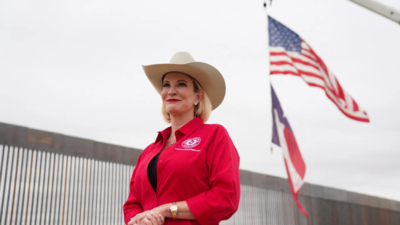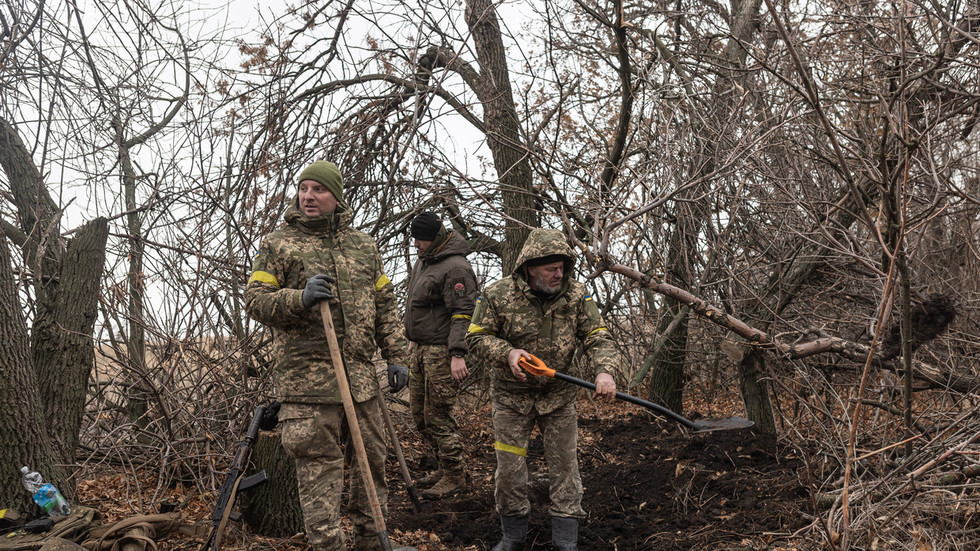
Texas Land Commissioner Dawn Buckingham poses for a photo in front of a new section of the state-funded border wall in a 1,400-acre ranch as a site offered to the incoming Trump administration for detention centres, near Rio Grande City, Texas, US. (Picture credit: Reuters)
Texas has proposed additional land for deportation centres to the Trump administration, naming the initiative after Jocelyn Nungaray, a 12-year-old girl allegedly raped and murdered by illegal migrants.
This move aims to fast-track the construction of facilities to detain and deport
violent criminal migrants
.
Texas Land Commissioner Dawn Buckingham announced the expansion of the state’s offer, providing more identified land ready for use “on Day One” of Trump’s presidency.
The initiative, named the Jocelyn initiative, honours the young girl and seeks to prevent similar tragedies. Jocelyn’s family stood in support of the project, with her grandmother emphasising, "We’re taking back hope so that no other families go through what we have."
Buckingham previously offered a 1,400-acre border ranch and said the state remains committed to helping remove “violent criminals” residing illegally.
As per The New York Post, Trump’s border czar pick, Tom Homan, confirmed the new administration’s intent to use Texas’ land for this initiative. Homan noted that the US military would assist with non-enforcement tasks to free up officers for deportation efforts.
As per the BBC, these detention facilities would serve as a pivotal part of Trump’s larger plan for mass deportations, which includes targeting violent undocumented migrants. However, this proposal may face challenges from Democratic-led states, which have vowed non-cooperation.
Despite bipartisan concerns, Republican officials like Texas GOP Representative Chip Roy vowed to seek reimbursement for the state's ongoing expenses related to border security. Observers suggest that this initiative reflects a widening political divide between Republican and Democratic states regarding immigration policies.
As plans for these facilities remain in the early stages, the debate over their funding, design, and legality is set to intensify, creating a potential battleground for both national and state authorities.

 3 weeks ago
4
3 weeks ago
4









